Article
Considering Becoming an Owner-Builder? Here’s What You Need to Know
Buying land
March 31, 2017

Written by
Laurie Raikes
When it comes to building a new home, there’s a few different options - and one is to buy a kit home, take on the role of owner-builder, and organise construction yourself.
On the surface, it can seem more affordable, but there’s always the potential for building costs to blow out. Plus, you’ll be solely responsible for bringing the whole project together, which is a lot more work than most people realise.
So, what exactly does it mean to be an owner-builder? And is it something you should consider? Let’s take a closer look at what's involved.
What Is an Owner-Builder?
You’re an owner-builder if you take responsibility for domestic building work carried out on your land. This can include using your skills to build, extend or renovate a home you intend to live in, or managing sub-contractors to do the work for you.
As an owner-builder you’ll manage all aspects of your build - from permits to tradesman, and inspections to insurance.
You’ll take on the responsibilities and financial risks that your builder would normally handle, which can be time consuming - and if things go wrong, costly.
However, you are not an owner-builder if you engage one builder only to complete all the work.
If this is the case, do not sign an application form for a building permit as an owner-builder. Your builder may be unregistered and trying to avoid their legal responsibilities, which puts you at risk.
Legal Obligations of Owner-Builders
On top of organising the construction, there are certain legal requirements owner-builders must meet. If you live in Victoria, and decide to become an owner-builder you must:
- obtain relevant permits from your local council
- be listed as the owner-builder on building permits
- get a Certificate of Consent from the Victorian Building Authority (VBA) before you start construction on any works over $16,000
- engage a building surveyor to issue building permits, complete building inspections and issue an Occupancy Permit on completion of your new home
- make sure that all work meets the required building regulations, standards and laws
- arrange building inspections as legally required at certain stages throughout the build
- obtain domestic builders insurance if you sell your home within six years
- provide a defects inspection report if you sell your home within six and a half years.
Other rules and conditions may also apply. Before you commit, it’s a good idea to get some legal advice to be sure you know exactly what is required, so you tick all the boxes.
Getting Finance
If you decide to become an owner-builder, be aware that getting finance can be a real challenge. Most lenders in Australia are reluctant to offer loans to owner-builders, as they feel there is too much risk involved.
In the past, banks have been burned by owner-builder budget blow outs and incomplete homes.
So, while some banks avoid owner-builder loans altogether, those that do offer them often have strict conditions that need to be met, such as having enough equity, enough savings or a guarantor willing to provide security.
Getting the Job Done
Before you start, have a clear plan about who is doing what – and be realistic about what you can do yourself.
If you do decide to take on the task of building, make sure you have not only the skills to get the job done, but also the know-how – because if you get in over your head it could be a disaster.
You’ll also need to organise qualified tradespeople to complete tasks such as plumbing and wiring - and when you hire, always check their licensing or registration is up to date.
For works costing $5000 or more, you must use a written domestic building contract, and if any person is engaged in work valued at $16,000 or more, they must give you a current certificate of domestic building insurance for your address.
Once the construction of your new home is complete, make sure you have the following:
- an Occupancy Permit from your building surveyor
- a Certificate of Compliance for all plumbing work costing over $750
- a Certificate of Electrical Safety for all electrical work
- all documents related to the build including quotes, invoices, contracts, receipts, reports and certificates.
Is Becoming an Owner-Builder the Best Choice for Me?
As an owner-builder you have more control over your project, but you’ll also have increased responsibility. It’s up to you to manage every aspect of the build and sort out problems as they arise – which takes a lot of time and effort, and can be stressful.
You’ll also need the skills and commitment to see the job through. This includes not just the construction, but also making sure all the legal obligations are met.
So, before you commit to becoming an owner-builder, make sure you’ve done your research, know your options and have a thorough understanding of exactly what becoming an owner-builder involves.
Over to You
Have you been part of an owner-builder project before? We’d love to hear about your experience.
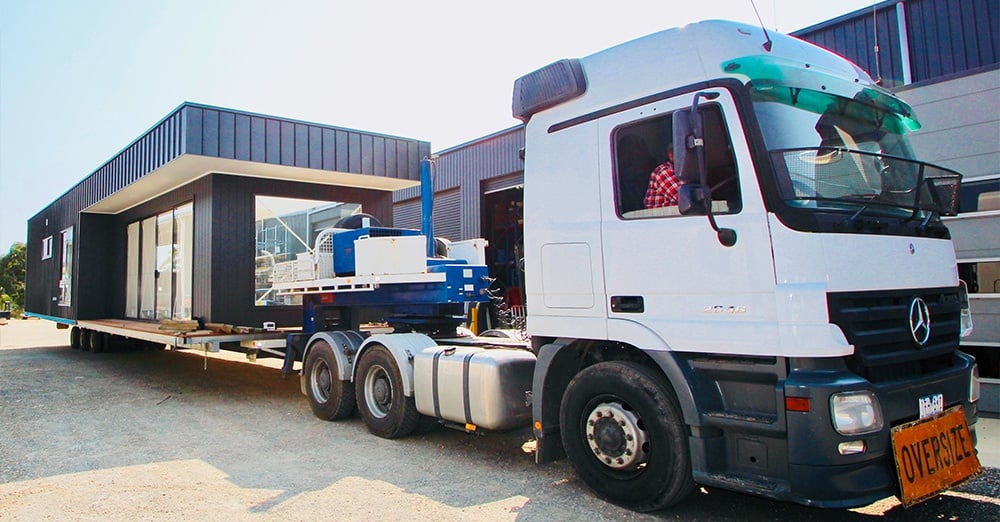


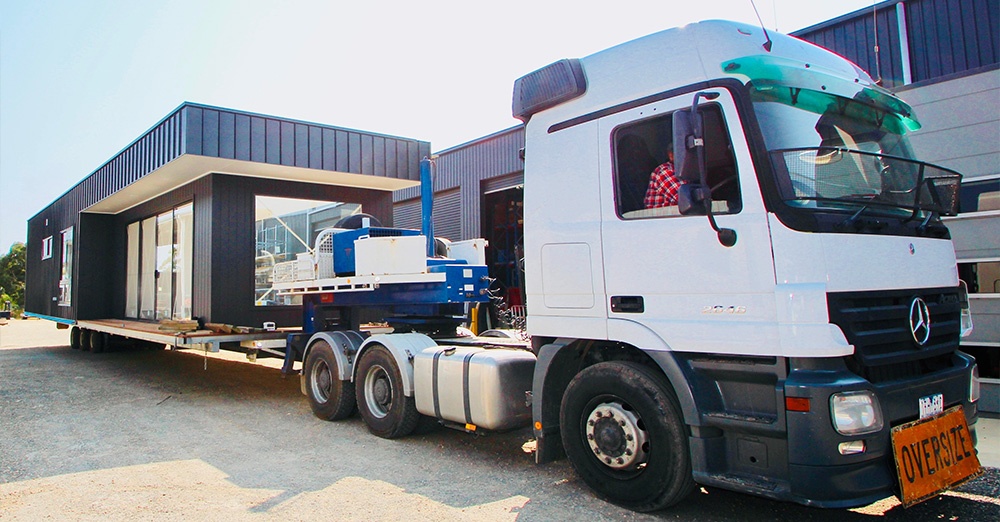
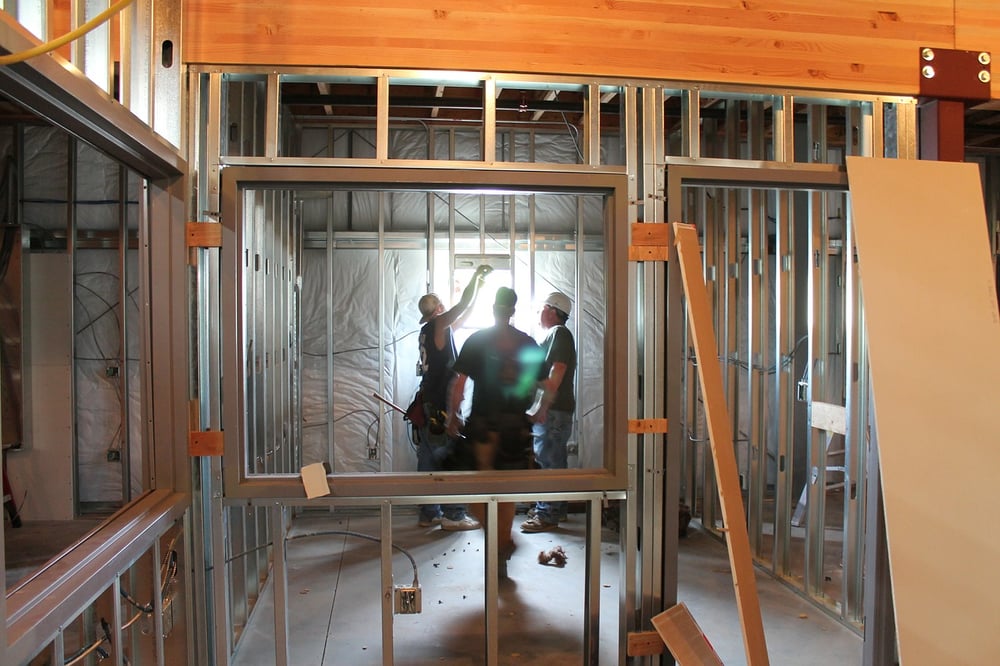
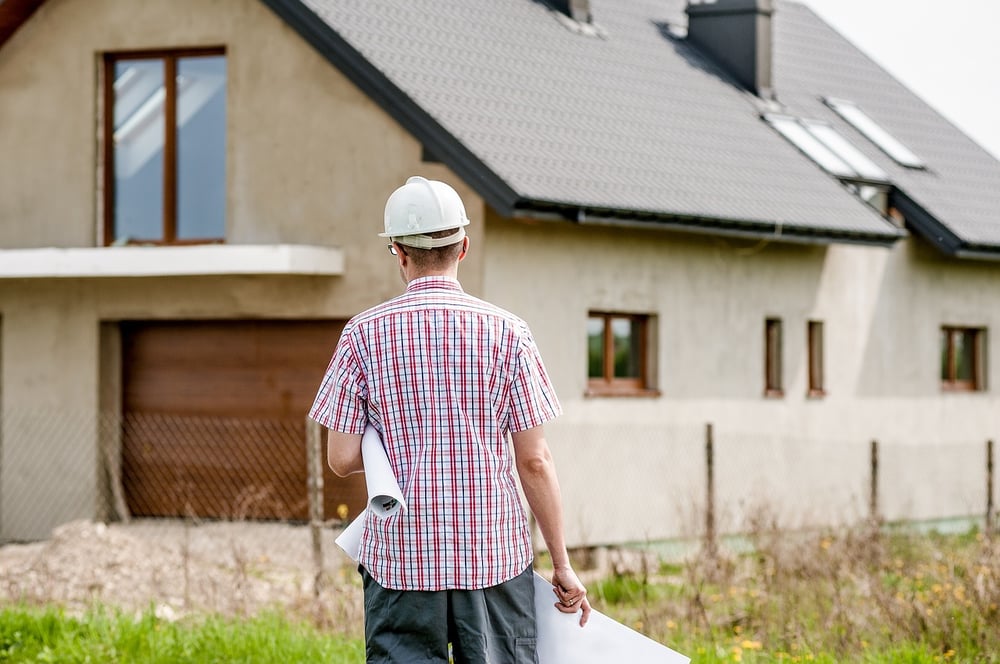
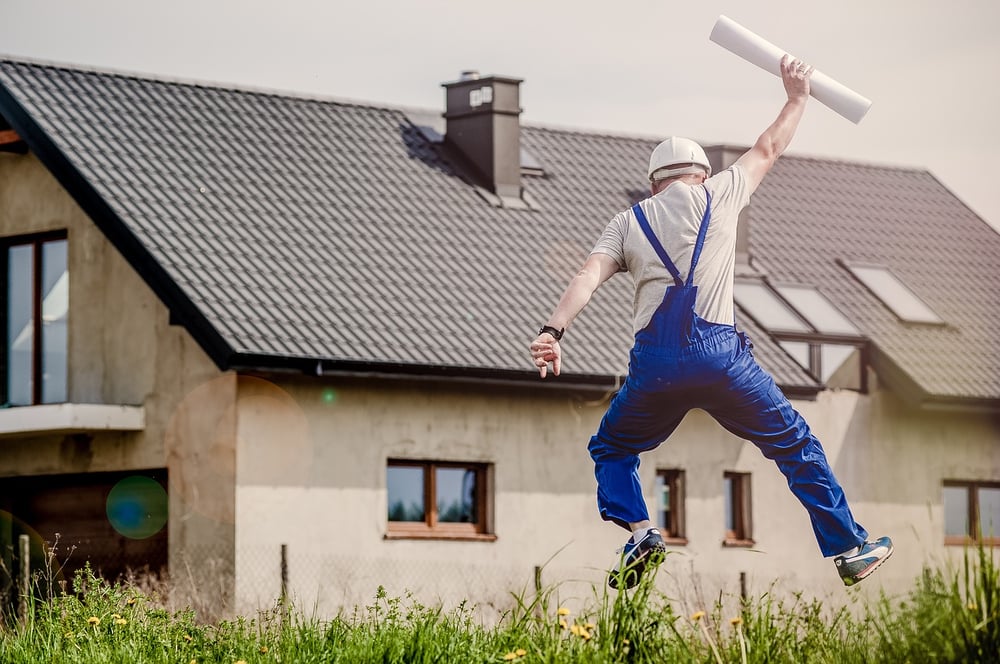

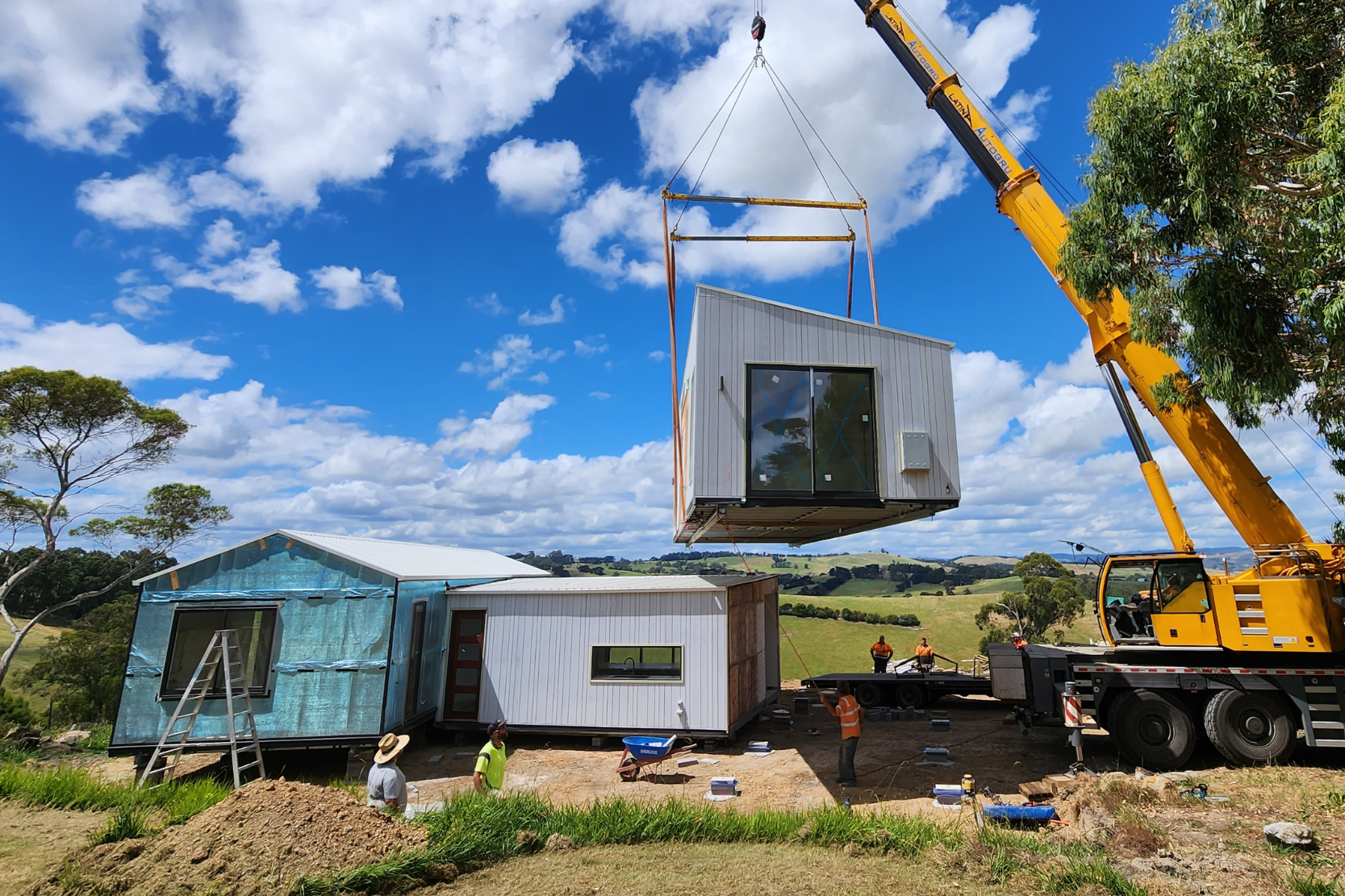
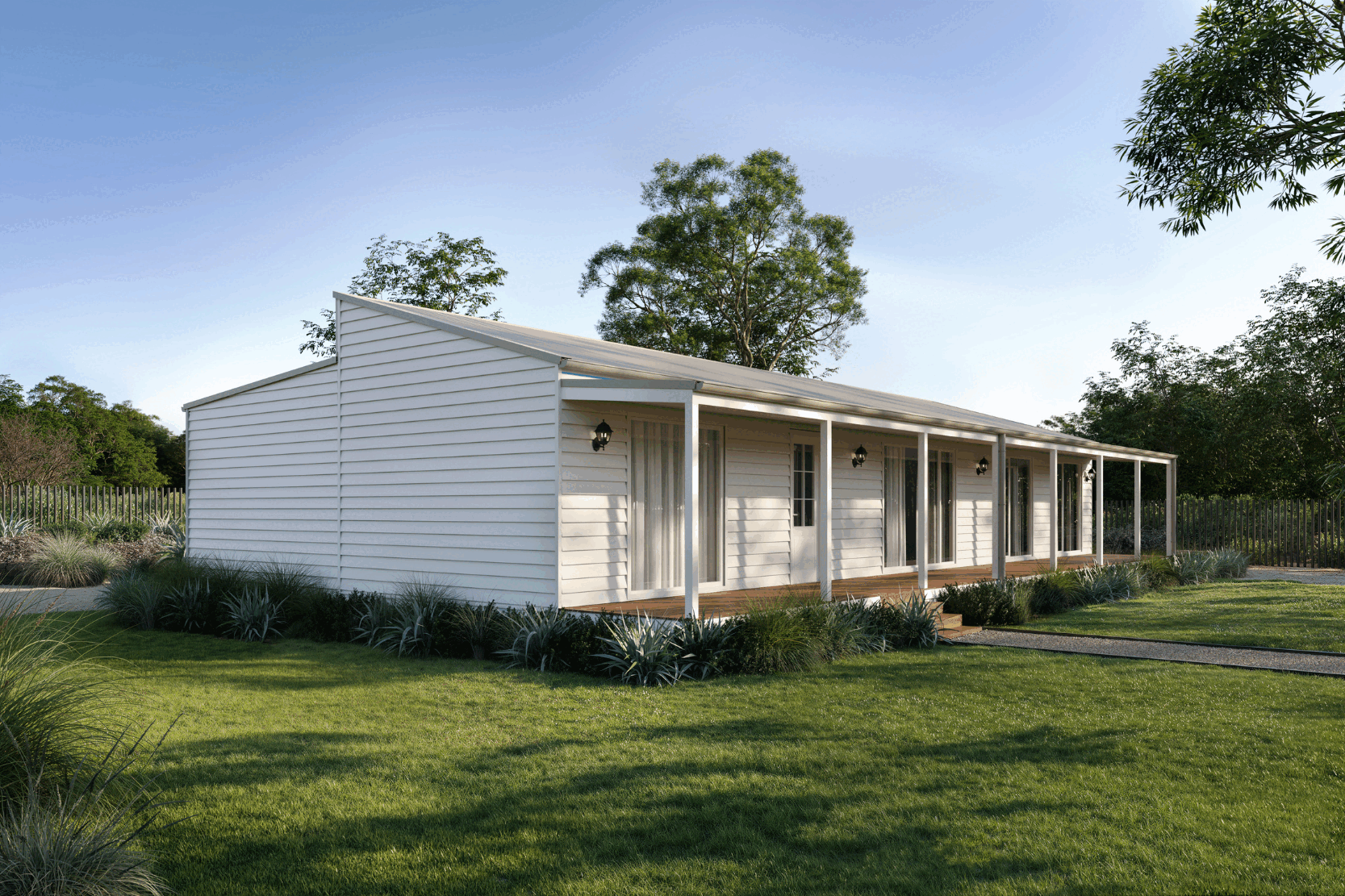
.png)